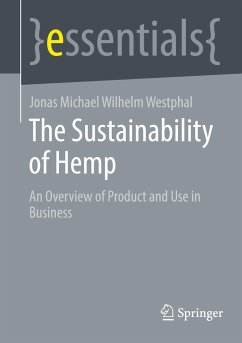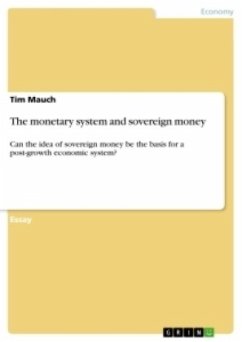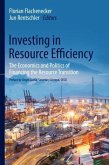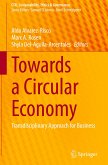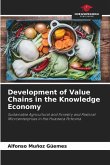The cannabis plant, as a hemp, could contribute better than previously thought to achieving the goals of the UN Sustainable Development Report, the so-called Agenda 2030 and its 17 SDGs (Sustainable Development Goals). From a health perspective, its medicinal use is the main focus, but it is also used in cosmetic products and in food offerings for humans and animals. In the context of the increasing climate crisis, hemp helps especially to cope with the CO2 problem: in agriculture by binding the CO2 similar to reforestation, in industry as a recyclable raw material substitute for example as a plastic substitute, in clothing, in technology or in construction. At the moment, unfortunately, the immense prices and high demand show a different picture, from citizens who want to but can't or aren't allowed to, from farmers who have to overcome immense bureaucratic hurdles to an industry that is deterred by complex rules and laws to invest. The essential shows how this potential could also be realized in Germany.
Bitte wählen Sie Ihr Anliegen aus.
Rechnungen
Retourenschein anfordern
Bestellstatus
Storno

